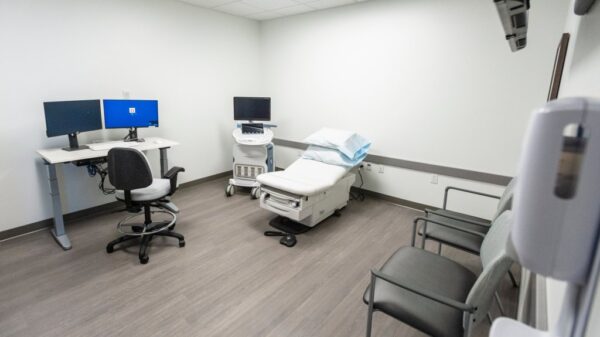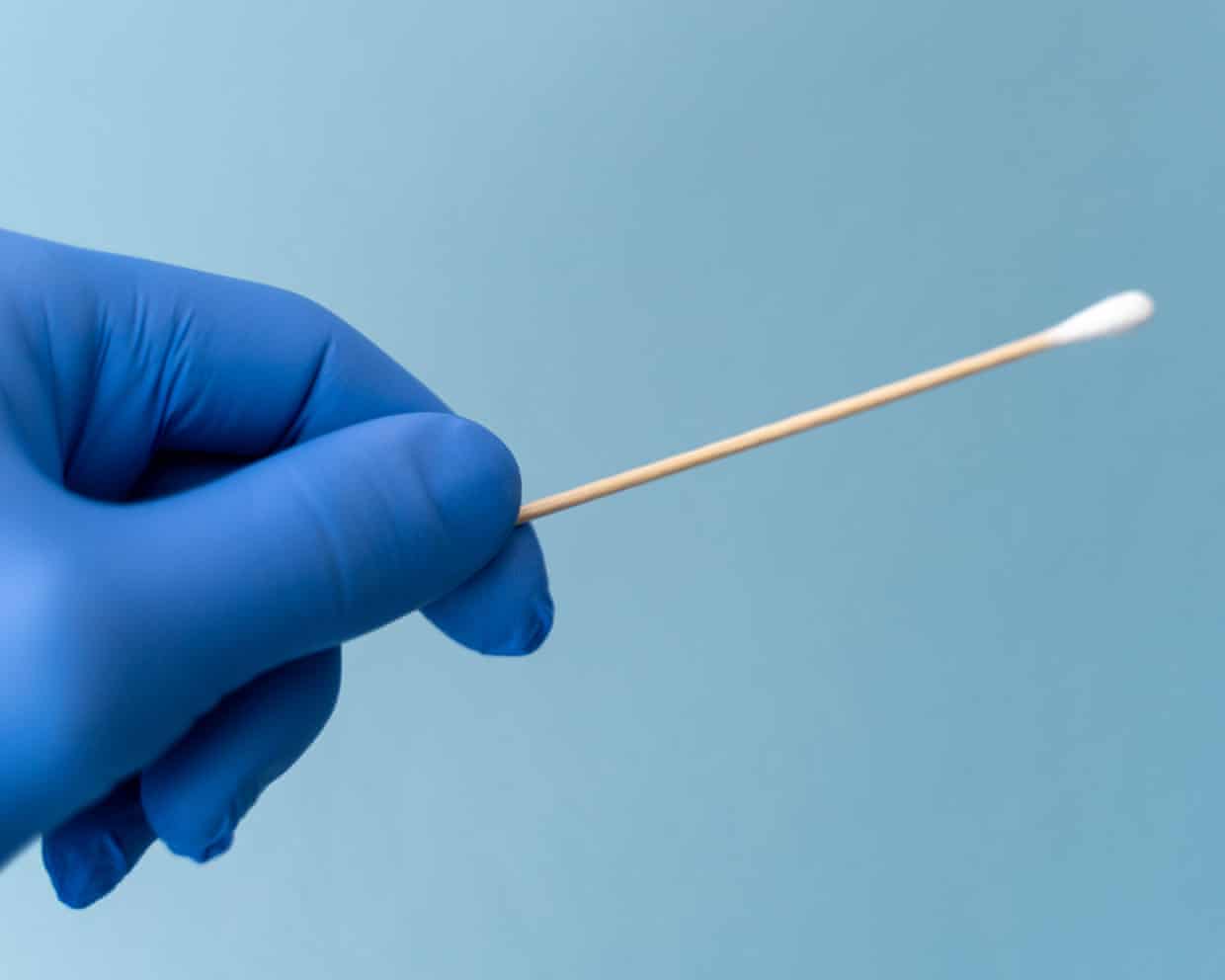A new research study reveals that a simple cheek swab can identify children at risk of a potentially fatal heart condition known as arrhythmogenic cardiomyopathy (ACM) up to five years before conventional diagnosis. ACM is a genetic disorder that accounts for more than 10% of sudden cardiac deaths in children, often developing without warning.
The study, presented at the European Society of Cardiology congress in Madrid, demonstrates that abnormalities in heart cell proteins can be detected through the lining of the cheeks. This finding allows doctors to use a quick and non-invasive two-minute cheek swab test as a tool for early detection of ACM.
Research conducted by experts from Great Ormond Street Hospital and City St George’s, University of London involved 51 children between three months and 18 years old who had a known genetic risk of ACM. Over a seven-year period, these children underwent cheek swab tests every three to six months. Remarkably, out of this group, 10 developed ACM, and eight of them exhibited detectable abnormalities through the swabs prior to traditional testing methods.
Further analysis included a control group of 21 children without a known genetic predisposition to ACM. The swabs showed abnormalities in five of these children, suggesting that the test could identify risks even in those previously considered low-risk. The findings imply that cheek swabs could serve as an additional screening step to facilitate earlier diagnosis, which could be crucial in saving lives.
Joanna Jager, a researcher at City St George’s, noted the importance of having a fast and straightforward test to flag potential ACM cases, which can later be confirmed through hospital examinations. In the United Kingdom, approximately one in 10,000 individuals is estimated to have ACM, with symptoms that may include heart palpitations, fainting, and abnormal heart rhythms.
The researchers are now working on developing swab kits that families could use at home. Dr. Angeliki Asimaki, a leading figure in cardiac morphology and sudden death at City St George’s, emphasized that the test is risk-free and non-invasive. “Our test provides a window into microscopic changes happening in the heart,” she explained.
The clinical director of the British Heart Foundation, Dr. Sonya Babu-Narayan, who supported the research, highlighted the necessity of early diagnosis for ACM, given its potential to strike without warning. “This kind of simple, pain-free cheek swab test could identify children in the early stages of ACM who need extra care, or provide reassurance to at-risk children and their families with normal test results,” she stated.
As researchers continue to refine this testing method, the implications for pediatric cardiac care could be profound, offering a proactive approach to managing a condition that can lead to sudden cardiac events in young people. This breakthrough underscores the importance of innovation in medical diagnostics, particularly when it involves conditions that pose significant risks to children’s health.







































































